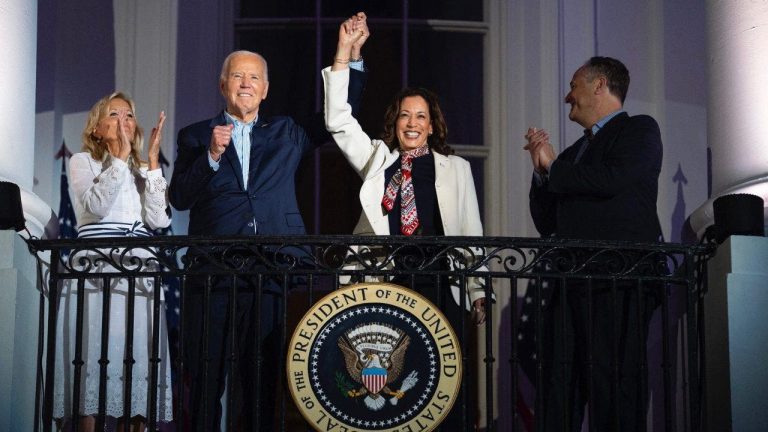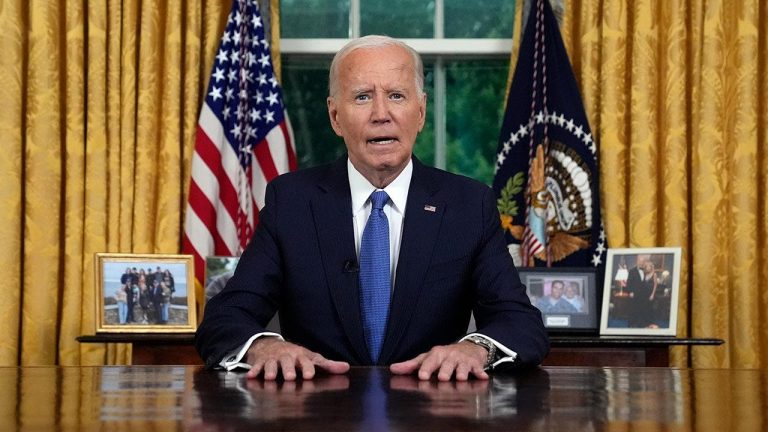Some social conservatives upset about changes in GOP stance on abortion
The New GOP Platform: A Closer Look
The Republican Party has recently unveiled a new, slimmed-down platform that reflects the growing influence of former President Trump within the GOP. This platform, which received overwhelming approval, marks a shift in the party’s traditional stance on certain key issues.
The platform, titled “America First: A Return to Common Sense,” is significantly shorter than its predecessor, clocking in at just 16 pages compared to the 66-page platform of 2016. It focuses on themes of populism and nationalism, two hallmarks of Trump’s political ideology.
One of the notable changes in the new platform is the softened language regarding abortion. While previous Republican platforms have advocated for a federal ban on abortion, the new document emphasizes that states should have the authority to regulate the issue.
The shift in abortion policy has received mixed reactions from social conservatives. While some prominent evangelical leaders have praised the platform, others, such as Tony Perkins of the Family Research Council, have expressed concerns about the party’s apparent retreat from a more aggressive anti-abortion stance.
In addition to the changes on abortion, the platform also omits long-standing language opposing same-sex marriage. On economic issues, it calls for an end to inflation and vows to “Make America Affordable again,” a departure from previous priorities such as reducing the national debt.
One of the most significant departures from past Republican platforms is the new support for tariffs. Traditionally, the GOP has been a proponent of free trade, but under Trump’s influence, the party has shifted towards a more protectionist stance on trade issues.
The platform also reiterates Trump’s commitments to protecting Social Security and Medicare, highlighting his opposition to any cuts to these entitlement programs. The document mirrors Trump’s campaign rhetoric on issues such as border security and government accountability.
Despite some internal dissent, the platform is expected to be adopted at the upcoming Republican National Convention with little opposition. The document reflects Trump’s continued influence on the party and sets the stage for his re-election campaign.
Conclusion
The new GOP platform represents a clear departure from traditional Republican priorities, signaling a shift towards a more Trump-centric agenda. While the platform has garnered support from some key conservative figures, it has also faced criticism from those who feel that the party is straying from its core principles.
As the Republican Party continues to evolve under Trump’s leadership, the platform serves as a roadmap for the party’s future direction. Whether these changes will resonate with voters and help secure a victory in the upcoming election remains to be seen, but one thing is certain: the GOP is undergoing a transformation under the influence of its unconventional standard-bearer.








